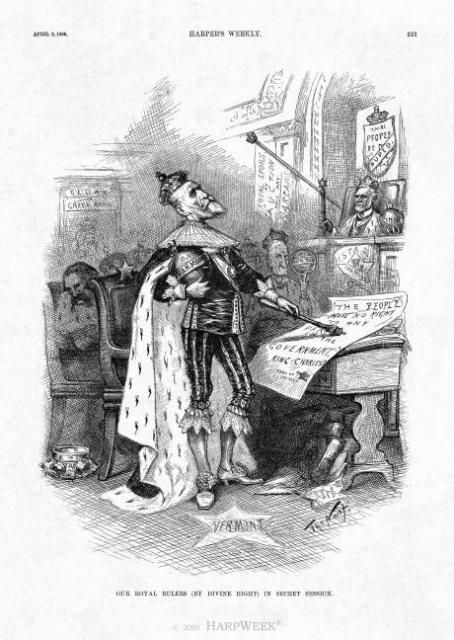Search
Democracy Links
Member's Off-site Blogs
judgements of convenience .....

Proposed laws that would empower the Australian Crime Commission to share information with the private sector could lead to people being unfairly sacked from their jobs, according to civil liberties groups.
Under legislation due to be voted on in the Federal Parliament this year, the crime commission would be allowed to pass on information about serious and organised crime to businesses such as banks and superannuation funds. This would include telling them when an employee was suspected of criminal links.
Civil libertarians say the proposals toss away the presumption of innocence and may lead to lives being unfairly destroyed.
The proposals, introduced into Parliament last year by the Gillard government, have been sparked by the escalating threat of organised crime infiltrating legitimate businesses.
Fairfax has reported recently on the boom in fraud, identity theft and the importation of chemicals to make amphetamines.
The commission's chief executive, John Lawler, recently told a parliamentary hearing on the proposed laws that it would be made clear to the companies that they could not use the information to sack employees.
''The [commission] information is to be used solely as a 'lead' and not as evidence to justify employment action,'' Mr Lawler said.
''Many large private sector entities have the capacity to conduct effective and discreet inquiries and ... such capacity would be a consideration relevant to the decision whether to make this type of disclosure in a particular case.''
Mr Lawler also said it would not be in the commission's interests for the employee to be sacked, as that could tip criminals off to the fact they were being investigated.
But the president of the Rule of Law Institute of Australia, Robin Speed, dismissed the assurances, asking how a company presented with evidence of alleged criminal links and not act on it.
He also criticised an assertion by Mr Lawler that if the commission had evidence of a crime, it would be obliged to pass the evidence to the authorities, rather than leave it to the employer.
''You are saying ... we do not prosecute him, we will work out another way which will get him. You are really lowering the bar to destroy a person, and I think that is unacceptable,'' Mr Speed told the inquiry. ''What you say is, 'Well, I can report that you were with the bikies, I can wreck your life, I can wreck your family's life because I think you are familiar with that person'.
''You do not need courts then, you do not need prosecutors, you do not need independent people and you do not need an open trial. You just damn the person in secret. It is all about damning the person behind closed doors.''
Civil Liberties Australia warned the changes risked overturning the presumption of innocence and ''normalising the practice of assuming citizens are guilty for the purposes of investigation''.
The changes would also allow the commission to begin sharing information with government bodies other than a core group comprising agencies such as the Tax Office and customs, which it has not been able to do before.
In its submission to the inquiry, the commission said it had been hindered in its dealings with the Victorian Racing Integrity Commission and the federal climate change department by not being able to share organised crime information.
The commission has said it is also constrained in tackling investment scams - for which it has set up a taskforce called Galilee - by its inability to provide superannuation funds with information.
- By John Richardson at 27 Feb 2012 - 12:03pm
- John Richardson's blog
- Login or register to post comments
Recent comments
1 hour 42 min ago
2 hours 3 min ago
4 hours 33 min ago
5 hours 38 min ago
5 hours 50 min ago
7 hours 50 min ago
8 hours 50 min ago
9 hours 19 min ago
22 hours 50 min ago
1 day 23 min ago